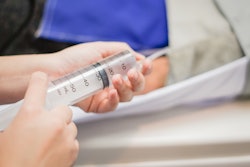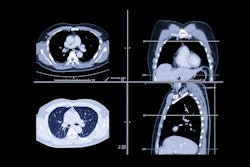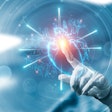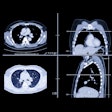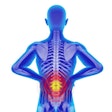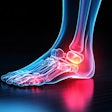More in Home
PiB-PET/CT detects subtypes in cardiac amyloidosis
December 5, 2025
HPI: 13.5B mL of contrast media administered from 2011 to 2024
December 5, 2025
AI ultrasound tool could reduce unnecessary biopsies by 60%
December 5, 2025
3D CNN model estimates MACE risk from chest CT
December 5, 2025
What is the role of AI quantitation of coronary plaque?
December 4, 2025
PET/MRI detects ‘unknown’ generators of musculoskeletal pain
December 4, 2025
AI reduces MRI's carbon footprint
December 4, 2025
Air pollution linked to more advanced coronary artery disease
December 4, 2025
The 2025 PACSMan Awards -- The last hurrah
December 3, 2025
Cryoablation treats early-stage breast cancer in older women
December 3, 2025
Page 1 of 189
Next Page










